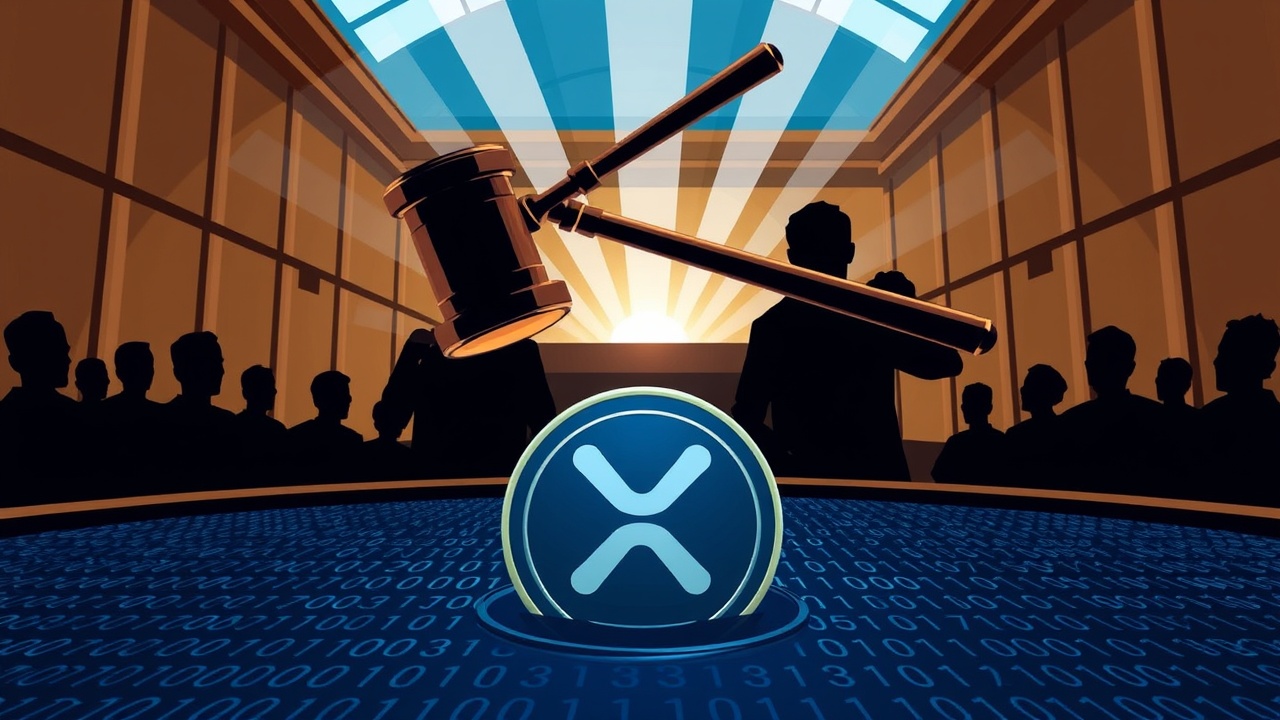Federal Judge Rejects Ripple Settlement with SEC
In a significant ruling on June 26, a federal judge has rejected the proposed settlement between Ripple Labs and the U.S. Securities and Exchange Commission (SEC), reinforcing the penalties imposed on Ripple concerning its cryptocurrency XRP. U.S. District Judge Analisa Torres issued this ruling, maintaining the $125 million civil penalty alongside a permanent injunction that prohibits Ripple from engaging in practices that violate Section 5 of the Securities Act.
Details of the Ruling
This decision comes as both Ripple and the SEC sought the court’s approval to vacate a 2024 Final Judgment, which would have allowed for potential modifications to the penalties and legal restrictions attached to Ripple’s operations. Their motion aimed to resolve ongoing appeals through a reduced penalty and the removal of the injunction imposed against the company. However, Judge Torres firmly denied their request, asserting that such final judgments should only be altered under extraordinary circumstances, a threshold she found unmet by either party.
“The parties’ motion for an indicative ruling is DENIED,” she declared, underscoring the boundaries of legal enforcement in this context.
While Ripple contended that a post-judgment settlement could be established that would lessen their penalties and dissolve the injunction, the SEC had, in the first instance, sought a far larger financial penalty approaching $1 billion, later settling for the substantially lower figure after the court determined Ripple had engaged in unlawful sales of XRP to sophisticated investors.
Ripple’s Position and Court’s Emphasis on Accountability
Despite Ripple’s assertions of having made necessary reforms and intentions to adhere to legal standards, Judge Torres pointed out that only an appellate court holds the authority to annul a final judgment, not through private negotiations.
“The Court respects the freedom of parties to amicably resolve their disputes. However, they cannot simply choose to disregard a court’s ruling. Exceptional circumstances, which necessitate a focus on public interest and justice, were not sufficiently demonstrated in this case,” she concluded, emphasizing the need for accountability in financial practices.
This ruling thus continues to underscore the challenges Ripple faces amidst regulatory scrutiny and highlights the court’s stance on the necessity of upholding judicial rulings, especially in cases of violations of federal securities law.




